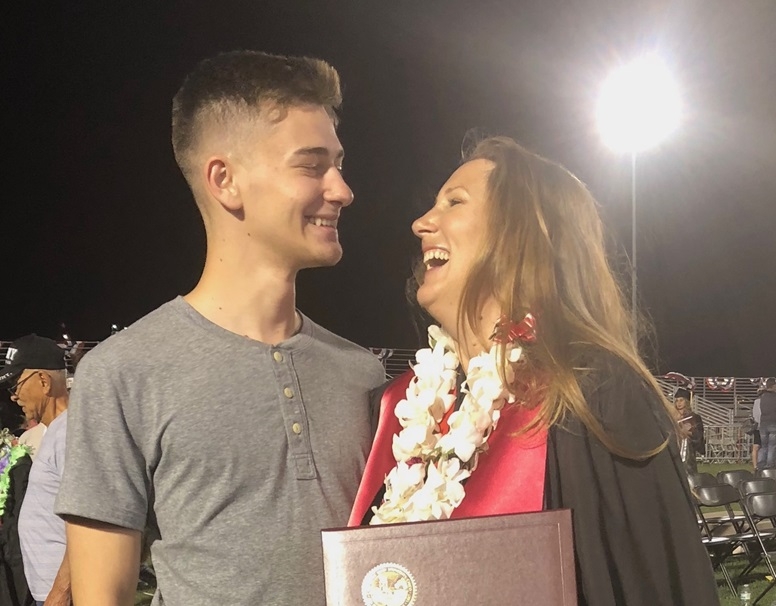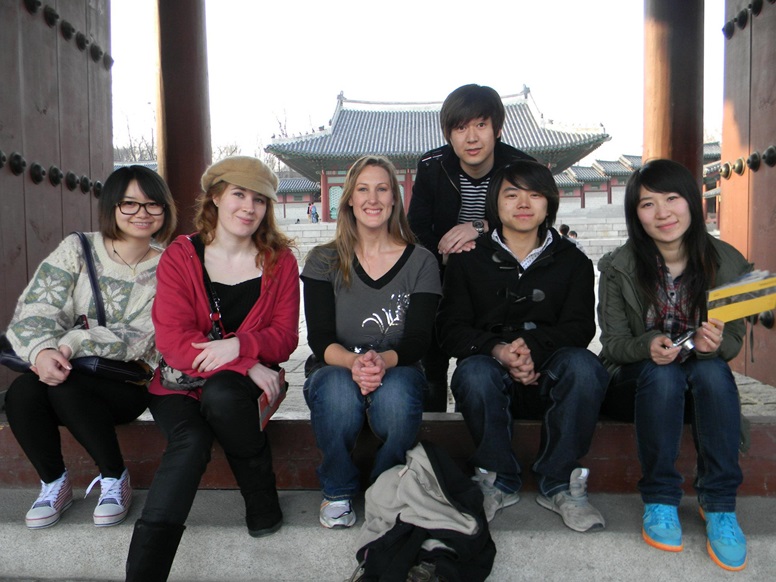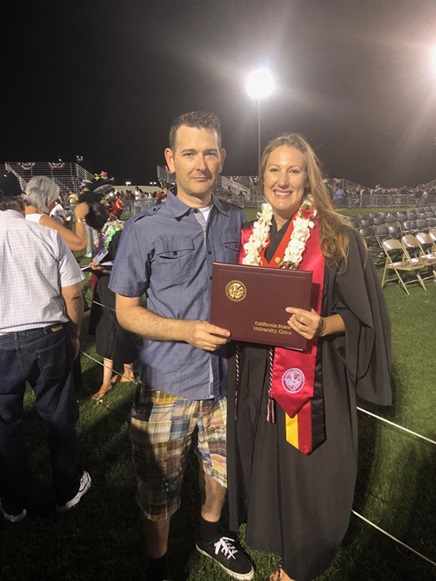Treaty Simulation Course Builds Negotiating Skills
| by Jason Warburg
Alumni of the rigorous role-playing course have gone on to highly successful careers in international diplomacy.

“If we want to get anywhere: ‘What is it that you want, and why?’”
For Grace Smith, this question motivates her studies as she nears completion of a prestigious dual degree program, studying Nonproliferation and Terrorism Studies at the Middlebury Institute and studying International Relations and Affairs at the Moscow State Institute of International Relations (MGIMO).
“This program enables me to have the most incredible opportunities to talk to Russians and ask them their version of history, what is important to them, what are their values, what are they upset about?” Smith said.
Smith’s own quest to identify and harness the power of what she wants started long before graduate school.
Born in Southern California, Smith had an unpredictable and nomadic childhood, with her family eventually settling in a rustic living situation in the Montana wilderness. She was always driven by relentless curiosity.
“That’s the way I’m wired. I wanted to explore other places, learn other languages and see other points of view,” Smith said, remembering poring over National Geographic magazines as a child.
Smith married and started a family young. Her higher education journey began 14 years ago when she enrolled in community college at Shasta College in Redding, California. Her eldest child was in middle school.
“I took every class in every subject and spent four years taking 70-80 units trying to narrow it down,” Smith remembered with a laugh. “I felt like a kid in a candy store.”
Along the way, Smith earned scholarships and international experience. Through the community college, Smith studied Korean language and literature while tutoring students in English at Soonchunhyang University in South Korea. Then as an undergraduate at Chico State, she spent one year studying political science and the German language at Johannes Gutenberg University in Germany.

She eventually set her sights on becoming a foreign service officer for the State Department. An academic mentor encouraged Smith to specialize in a relevant language and area of study, which led her to Middlebury’s Summer Intensive Language Immersion Course in Russian during summer 2023.
“I picked Russian and the more I studied, the more I became fascinated,” Smith said. That led her to the unique dual degree program at the Middlebury Institute in Monterey.
Smith’s openness and positivity is infectious and undoubtedly inspires her three children, who have studied alongside their tenacious mother for most of their own academic lives.
“We’ve done homework together, agonized over tests together, cried on each other’s shoulders about essays and projects,” she said. “I think it’s rare for kids to relate so closely to their parent. We have such a tight set of shared experiences, since we’re all basically doing college together.”
For Smith, after a long day learning about warheads and terrorism, her family’s support is her secret weapon.
“I left kids who were in middle school to study abroad for 18 months at a time. Even now, this dual-degree program is one of the most challenging and expensive things I’ve ever done in my life. My family has willingly put themselves in the back seat to help me get through school,” Smith said. “I have the most amazing situation in terms of my incredible family being my #1 fan club.”’

I feel like there’s a different kind of thinking at MIIS. I want to contribute to a new voice for foreign policy.
Smith’s goal is to enter the field of diplomacy between the U.S. and Russia, particularly related to improving the nuclear arms relationship.
“The fact that the relationship between the two biggest nuclear powers is degrading to a point of no cooperation is one of the biggest challenges facing the global community right now,” said Smith.
“I go home all the time and tell my family that the world’s leading expert in this or that topic was sitting at a desk and talking with me!” Smith exclaimed. “I never had any money or any time and I’ve been on this academic journey for 14 years. It’s the most growing I’ve ever done and it’s a real honor to have ended up at Middlebury. I can’t believe it.”
This spring, she will earn a degree in nonproliferation and terrorism studies from the Institute and a degree in international relations from MGIMO. MGIMO is one of the most exclusive universities in Russia, especially for studying international relations.
The ongoing war between Russia and Ukraine did not interrupt Smith’s cross-cultural studies, but did move them online. Smith’s cohort is the last enrolled in this program, as the dual-degree path has now been suspended.
“The fact that this cooperation has lasted as long as it has, and into the war, is an incredible testament to this partnership,” Smith said.
Middlebury Institute’s “holistic” way of thinking also attracted Smith.
“I feel like there’s a different kind of thinking at MIIS. It’s not about using force. It’s about looking at what events and dynamics have contributed to the situations we are in today and what we can do about it,” Smith said. “I want to contribute to a new voice for foreign policy.”
Part of this holistic thinking is the Conflict Transformation Fellowship, where Institute students across different areas of study collaborate on year-long projects. Smith is also a Fellow.
“It’s an incredible opportunity for hearing things you may not necessarily hear in your own discipline,” Smith said. “Sometimes it feels like there’s a formula. But at Middlebury Institute it feels like we start from scratch and see if there’s a new way we can approach things. It makes me feel like the sky’s the limit.”
| by Jason Warburg
Alumni of the rigorous role-playing course have gone on to highly successful careers in international diplomacy.
| by Mark C. Anderson
Fostering international diplomacy is challenging and intense, but certainly fulfilling for graduates growing into leadership in the field of nonproliferation.